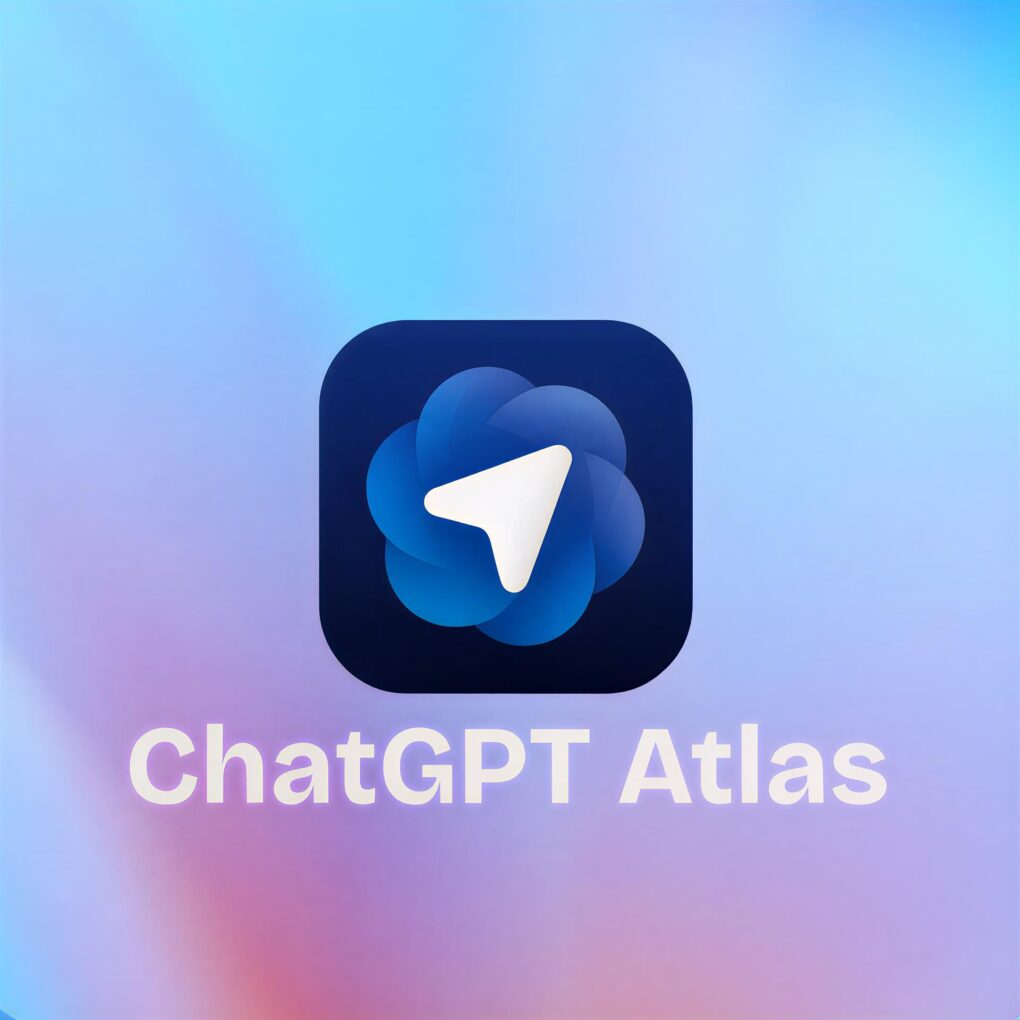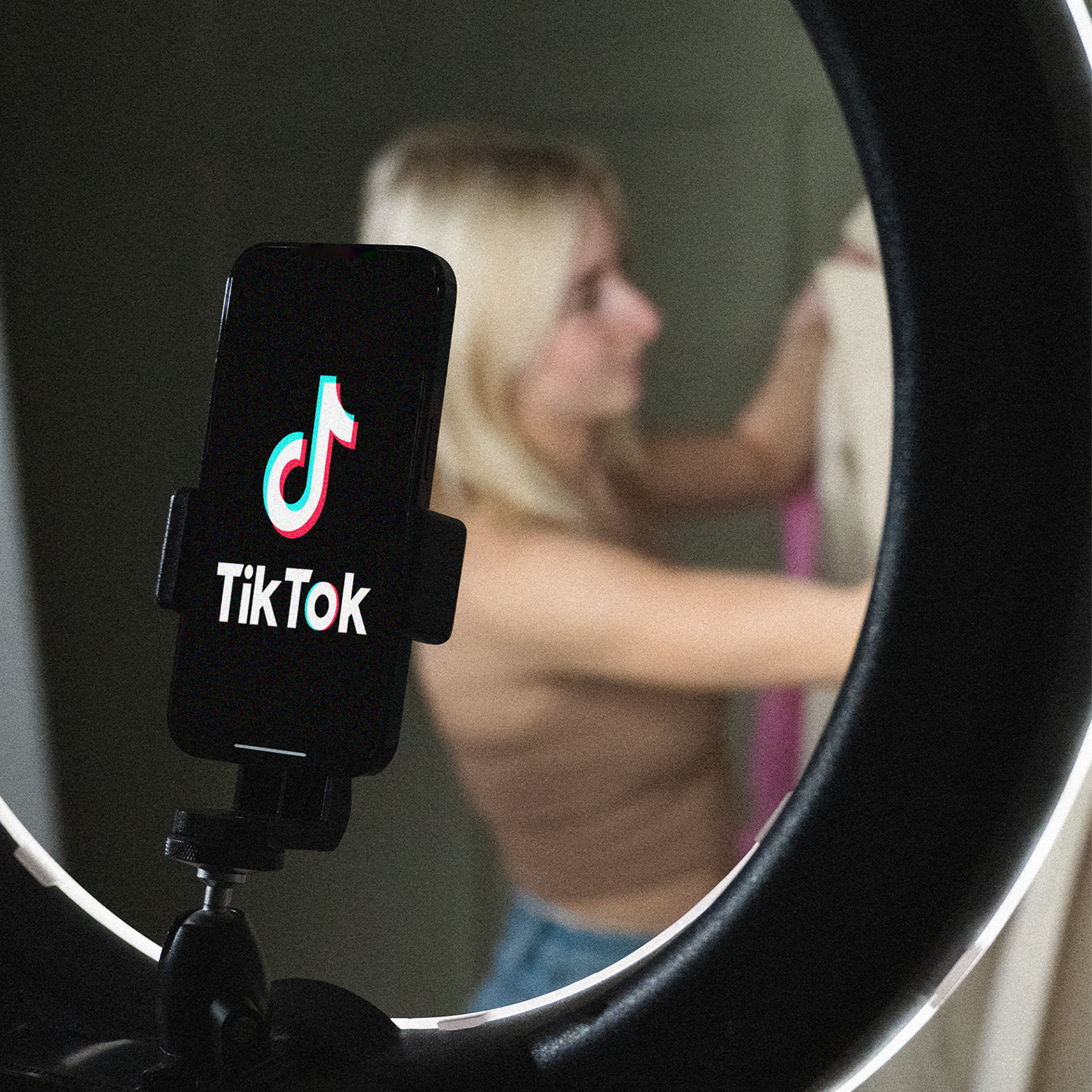In 1967, the following appeared in Confessions of an Advertising Man: “Five times as many people read the headline then read the article.” Fifty years later not much has changed. To the dismay of self-important content writers, who wax lyrical about the importance of their word-smithery, it seems the title is still the most critical thing in the eyes of the reader and indeed the online consumer.
Attention spans are at an all-time low. People don’t read web pages; they scan them. The internet is overloaded and skim-reading is the only way the modern day browser can navigate the web. Social Media is awash with condensed sentiments, infographics are too elaborate and therefore now obsolete. These things combined have meant that the direct and straightforward quality of the headline of an ad has become even more critical to the consumer.
Given the importance of the headline, one might assume that in general headlines are well crafted, and serious thought is behind them. Wrong. Across the vastness of the internet, time and time again we come up against poorly constructed headlines, that inspire very little in the way of clicks.
So what do we need to do?
Be Honest. Never, ever create headlines with clickbait in mind. Your headlines have to be genuine, or you risk seriously aggravating and alienating your audience. It’s also essential to summarise what’s in the content. Let your headlines offer the reader a short insight into what they can expect to read. The headline has to make sense as a standalone sentence; otherwise, people won’t click. Strip away any ambiguity and focus on clarity when you write your headlines. If readers have to overthink, they’ll be gone.
Avoid prefixes
Prefixes in headlines are a definite no-no. They do nothing to dissolve ambiguity and they rarely ever encourage clicks. Sometimes they can help to load keywords, but generally, they are of little use. They are used in a series of articles, which unfortunately don’t get read a few make it past the initial edition. Prefixes mean adding needless and meaningless words which make the headlines confusing. They almost always perform poorly in terms of achieving click rates.
Improve the headlines
There are relevant words you can add to headlines that won’t be considered as clickbait. Adverbs are a good move. Headlines that state who, what, where, when, how to provide clarity and are therefore favoured by those browsing online. In particular, headlines that include the adverbs why and how to perform well. The flatter the headline the better. Flatness is what you should aim for; simple statements which are useful.
Adjectives will help you, but this is dependant on the subject matter. Defining youth as exciting and dynamic and old age as wise and learned in headlines, has been known to achieve high click rates. Headlines are incredibly important; they attract audiences and determine whether or not your articles get read. They must be clear and devoid of ambiguity. Headlines must offer insight into the article itself and create intrigue through clear ad-words. Keep it simple and to the point and your headlines will garner clicks, bringing traffic to your sites and consumers to your products.









